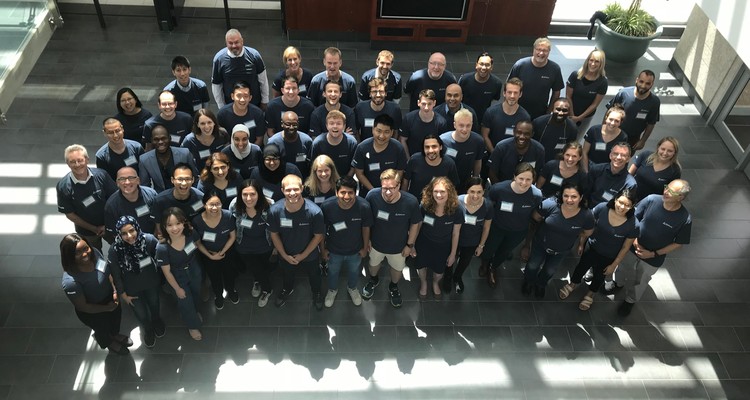Summer is generally a time to kick back and take life a little easier. Maybe hit the beach or tick off some books from your light reading list. But for 39 PhD and early career professionals from 20 countries selected to attend the 13th annual IEAGHG CCS Summer School from July 8 – 12th in Regina, Saskatchewan, their kickoff to summer was anything but a walk in the park. Facing 14-hour days that included presentations from carbon capture & storage (CCS) experts, group work, networking, group presentations and a day-long field trip, these brilliant young people devoured content on every aspect of CCS, from capture and storage, health and safety, to regulations, communications and policy.
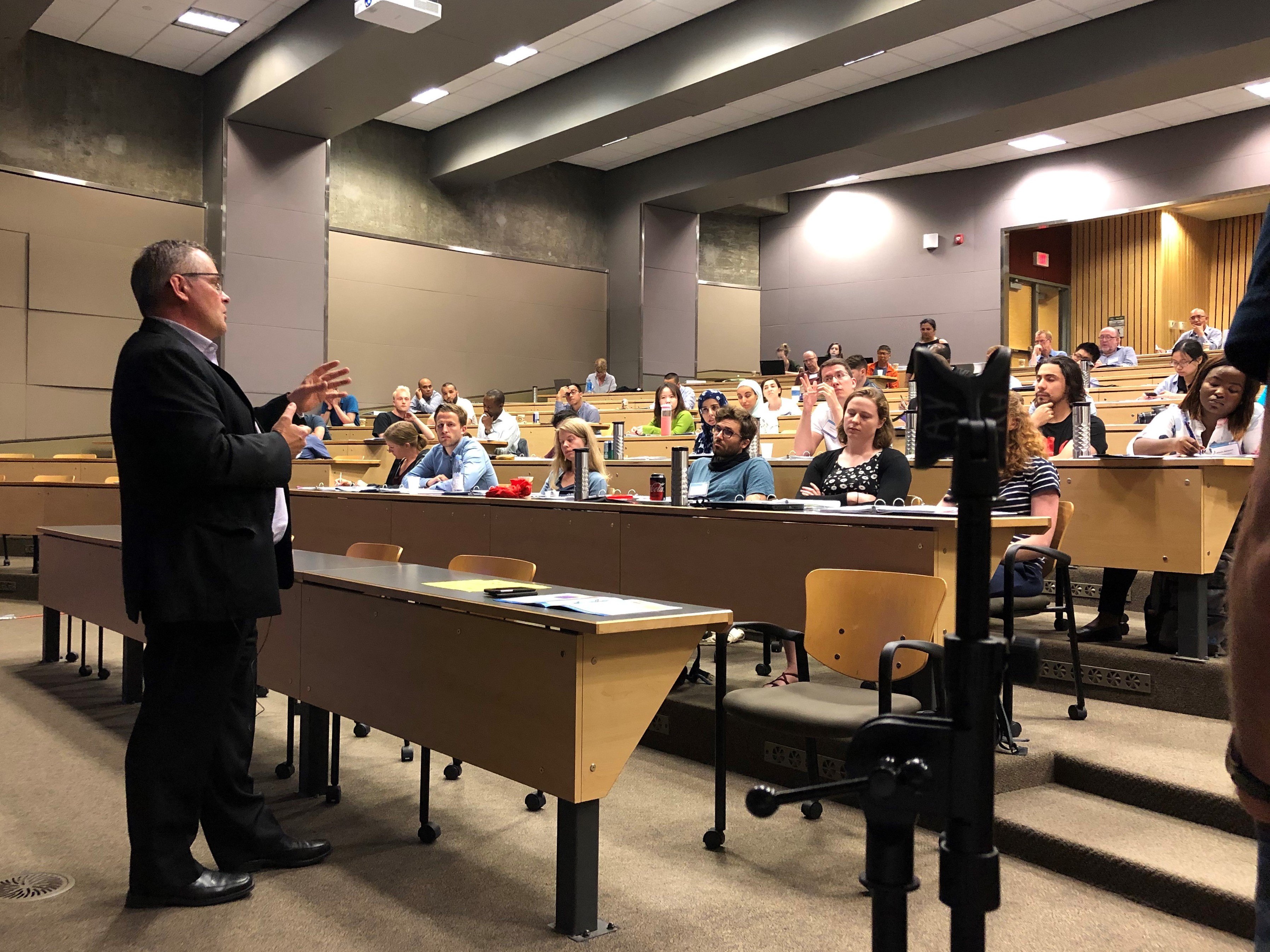
IEAGHG’s Summer School is the only CCS education program to have a truly international focus. With the location moving around the world, the program has been held in over seven countries covering Europe, Australia, Asia and North America.
This is the third time the International CCS Knowledge Centre has hosted the event. Why Saskatchewan? Because it is home to:
- The International CCS Knowledge Centre.
- SaskPower’s Boundary Dam 3 CCS Facility, the world’s first full-chain post-combustion CCS facility connected to a coal-fired power plant.
- The Aquistore project where carbon is permanently stored deep underground and safely monitored.
- The Carbon Capture Test Facility.
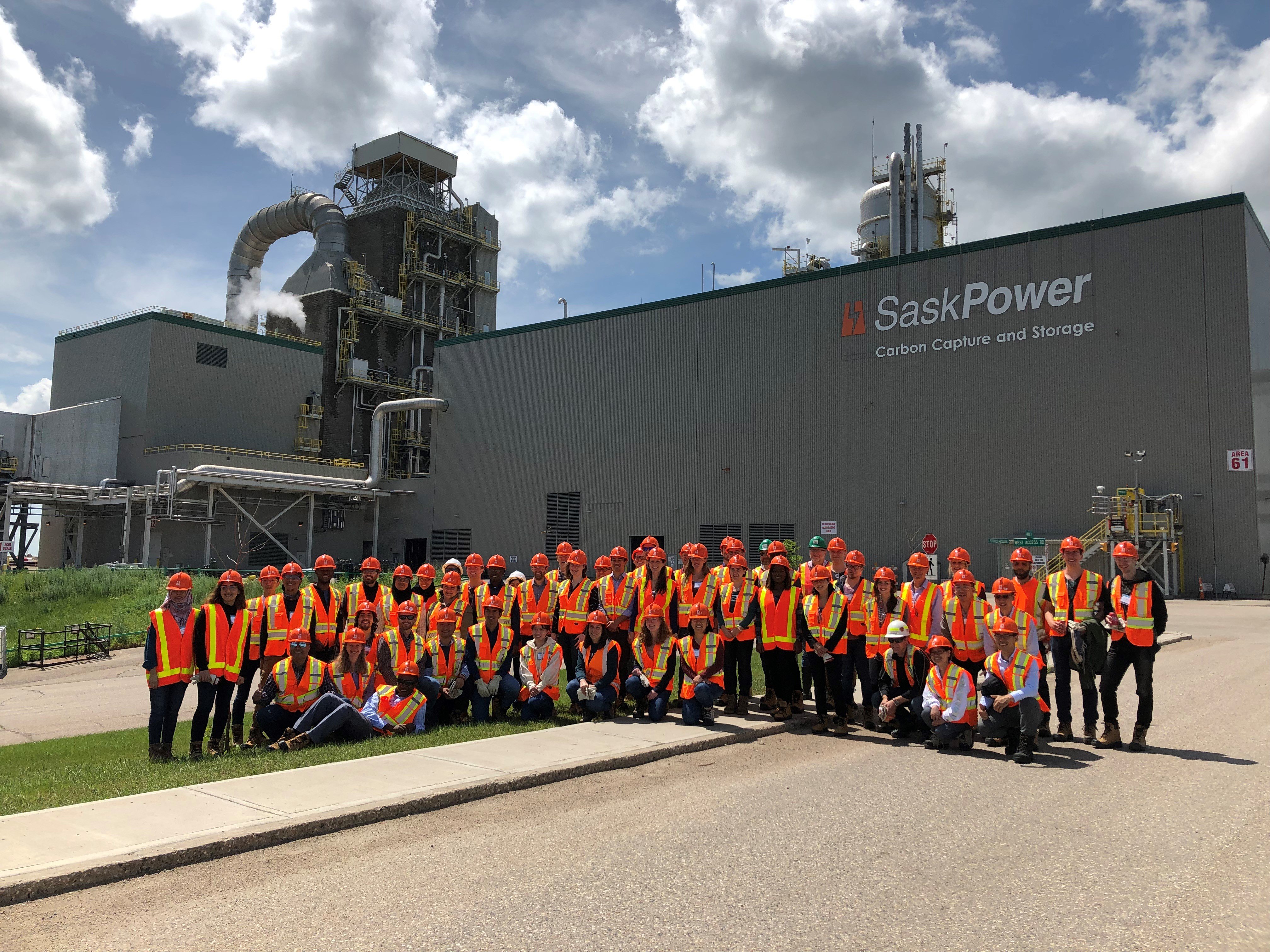
The highlight of the week was a full-day field trip to the facilities for the students to see first hand that the technology works, it is commercially viable at large-scale, and to gain insights learned from the operation of the pioneering operation. The trip also included a stop at the Shand Power Plant where the Carbon Capture Test Facility is housed.
“After attending CCS Summer School and learning from the experts, my concerns about the technology have been alleviated,” said Algeria’s Ahmed Abdelmouiz from the University of Laghouat, “It is safe and it is important technology and we need to communicate this to the general public.”
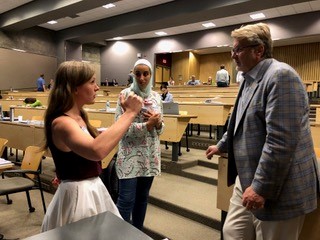
One of the goals of the school is to bring the brightest and most committed young researchers to the table to learn more about the technology, helping them advance their research, giving them networking opportunities with peers and experts and sending them home invigorated and excited about spreading CCS information world-wide. “This is such a great fit for us as sharing knowledge about CCS is what we do,” said Mike Monea, President & CEO of the International CCS Knowledge Centre, “Being able to equip the students with expert information will hopefully help to break down barriers and concretely spread the word about CCS globally.”
There is initial momentum for CCS in South Africa due to its dependence on fossil fuels. “South Africa is dependant on coal as a reliable source of energy for at least the next 50 years and CCS technology can play a vital role in the region as the government is concerned about clean energy,” described Orevaoghene Eterigho-Ikelebge, of the University of the Witwatersrand. “My country is working to engage both schools and the public and conduct surveys regarding storage, to push this technology forward. In my school, we are developing materials to separate CO2 from flue gas, something we are seriously exploring for the Sub Sahara region. We see great opportunities for CCS in South Africa.”
Click here for a short clip of University of Witwatersrand student, Orevaoghene Eterigho-Ikelebge, talk about how the South African government is serious about clean energy and the research taking place for the Sub Saharan region.
Many of the students expressed that one of the main barriers to CCS is a lack of knowledge and understanding and believe that one of the keys to success will be through public awareness and communications. As Norm Sacuta, Director of Communications with the Petroleum Research and Technology Centre underscored during his presentation, “Unless the communities near CCS facilities are on board, you won’t have a CCS project.”
In addition to attracting students, 28 experts from all over the world came to present, provide mentorship, and to facilitate the students’ group work. It’s a large volunteer commitment of time and effort, but it is an important investment in the advancement of CCS and future leaders in the field. “The summer school is one of the most impactful programs in dealing with CCS because of the global reach,” said Dr. Katherine Romanak, who leads the CO2 storage research program at University of Texas and has been a speaker and mentor at the summer school for the past seven years. “We have a global problem and it’s going to take us all to solve it, and CCS is one of the main technologies that can really take a bite out of climate change.” She added. “I’m here not only to provide my expertise for their learning, but also to learn from the students because they literally are the best and brightest young professionals in the world in CCS technology.”
Click here for a short clip of Dr. Katherine Romanak from the Bureau of Economic Geology, The Unversity of Texas at Austin explaining how geologists ensure the safety of CO2 storage.
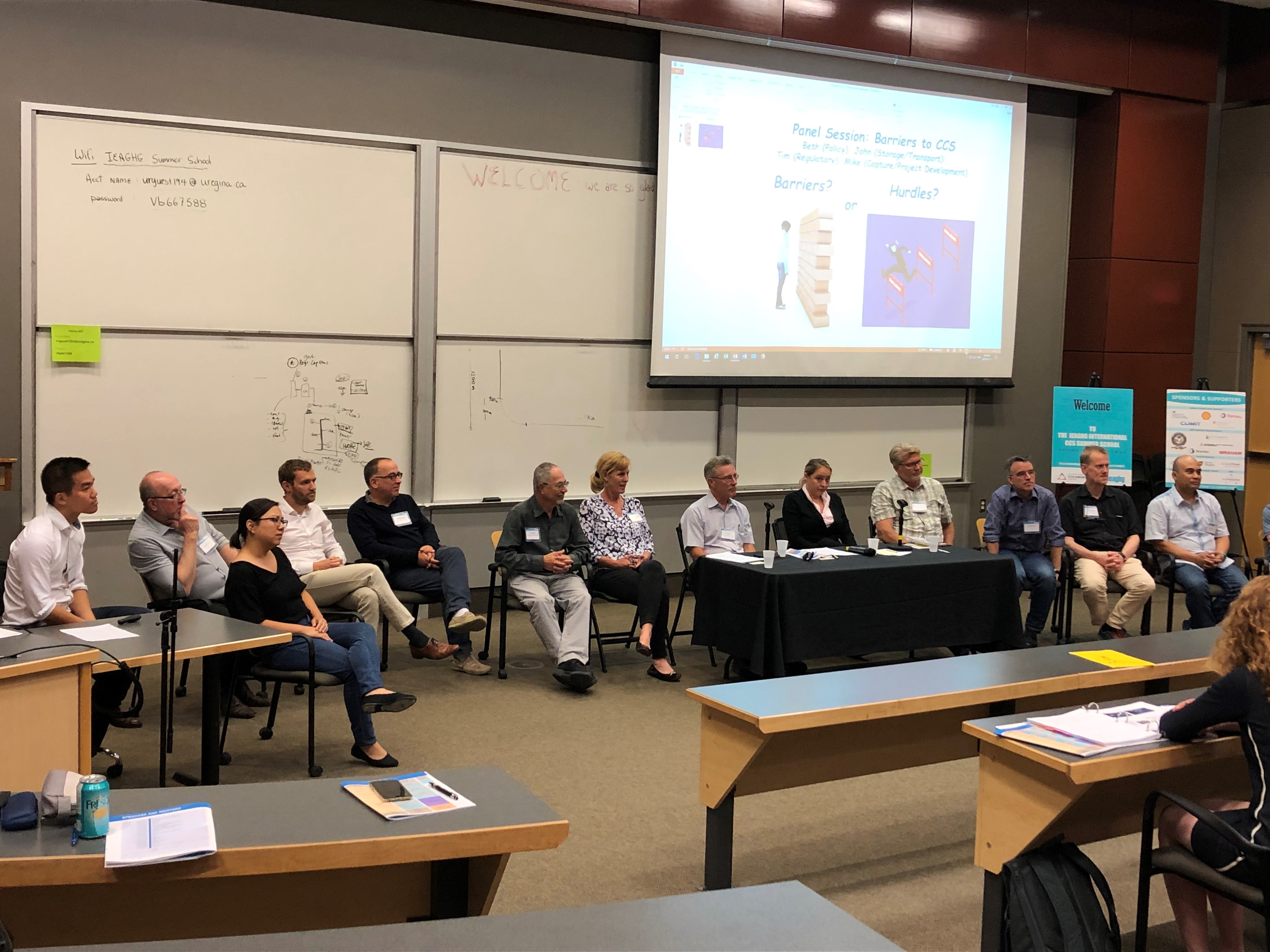
Every evening, after a full-day of presentations the students were found in boardrooms in their assigned groups, pouring over their computers and white-boarding ideas to address a specific CCS problem they had been given to solve.
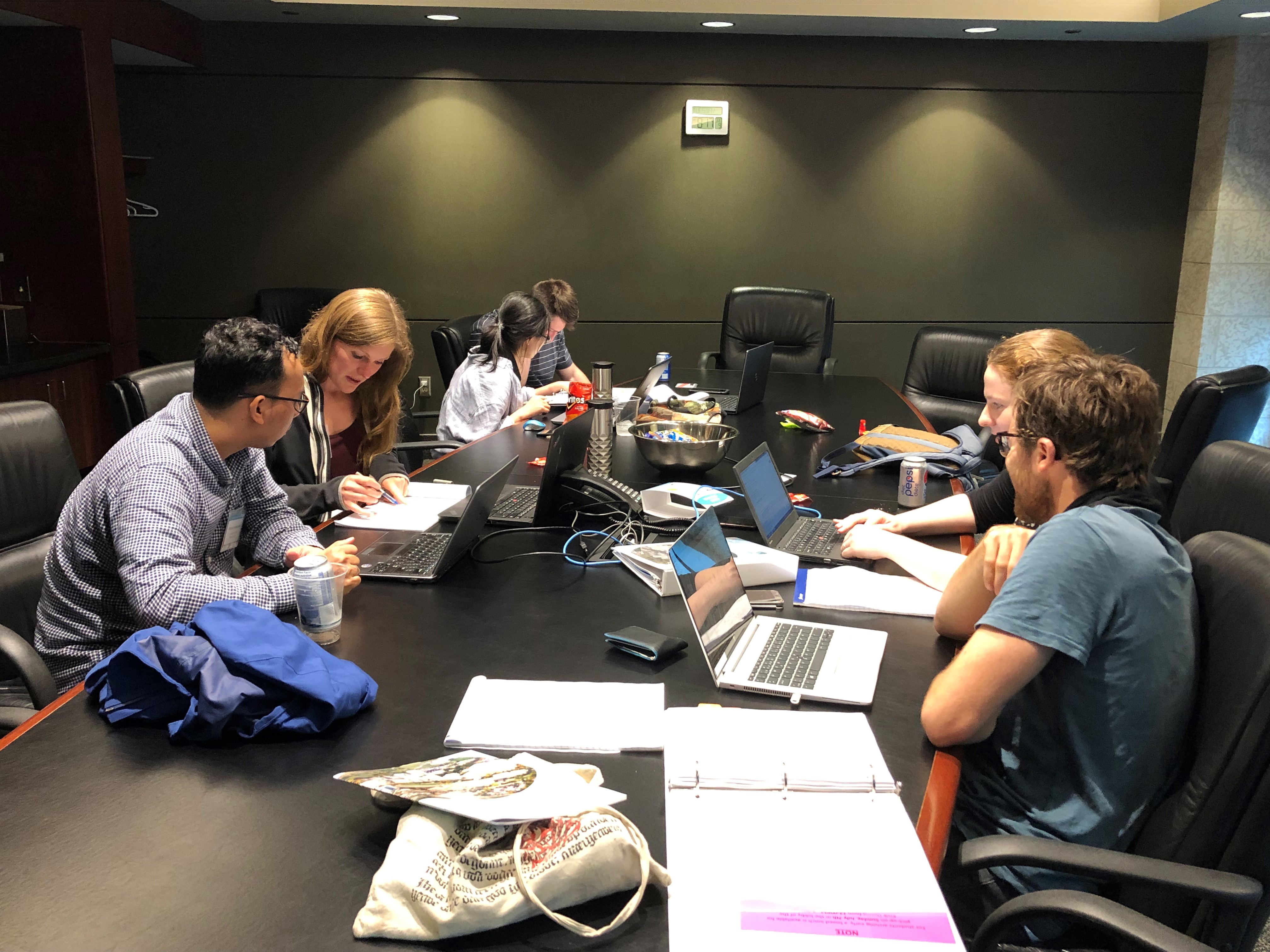
Reviewing what was learned, they researched and organized thoughtful and creative solutions, working towards their final presentations that they defended in front of their peers and CCS experts, all in pursuit of the Top Group Presentation Award – an exercise not for the faint of heart.
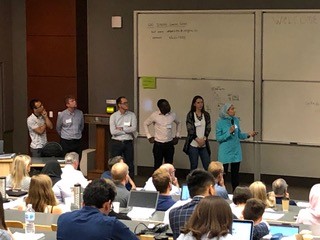
The week-long intensive wrapped up with a banquet to celebrate a week of hard work, an invigorated commitment to CCS research and development, and new friends and colleagues from around the world. Award winners included:
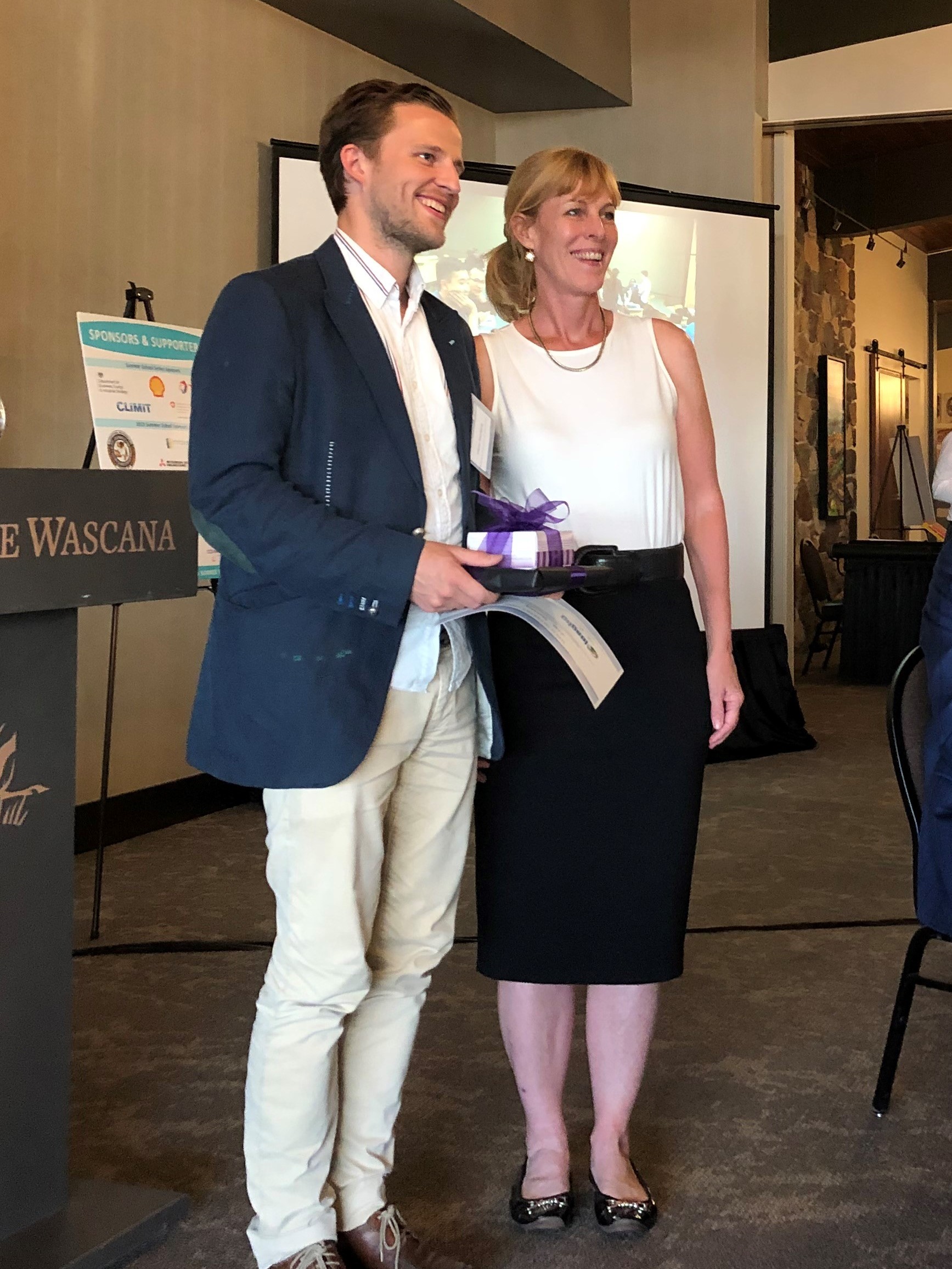
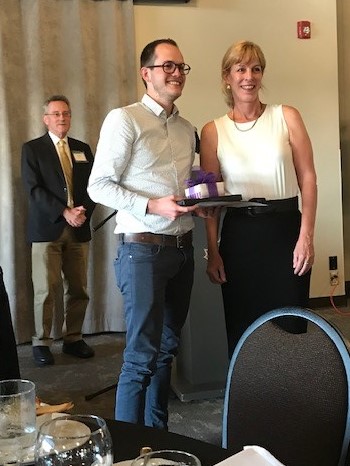
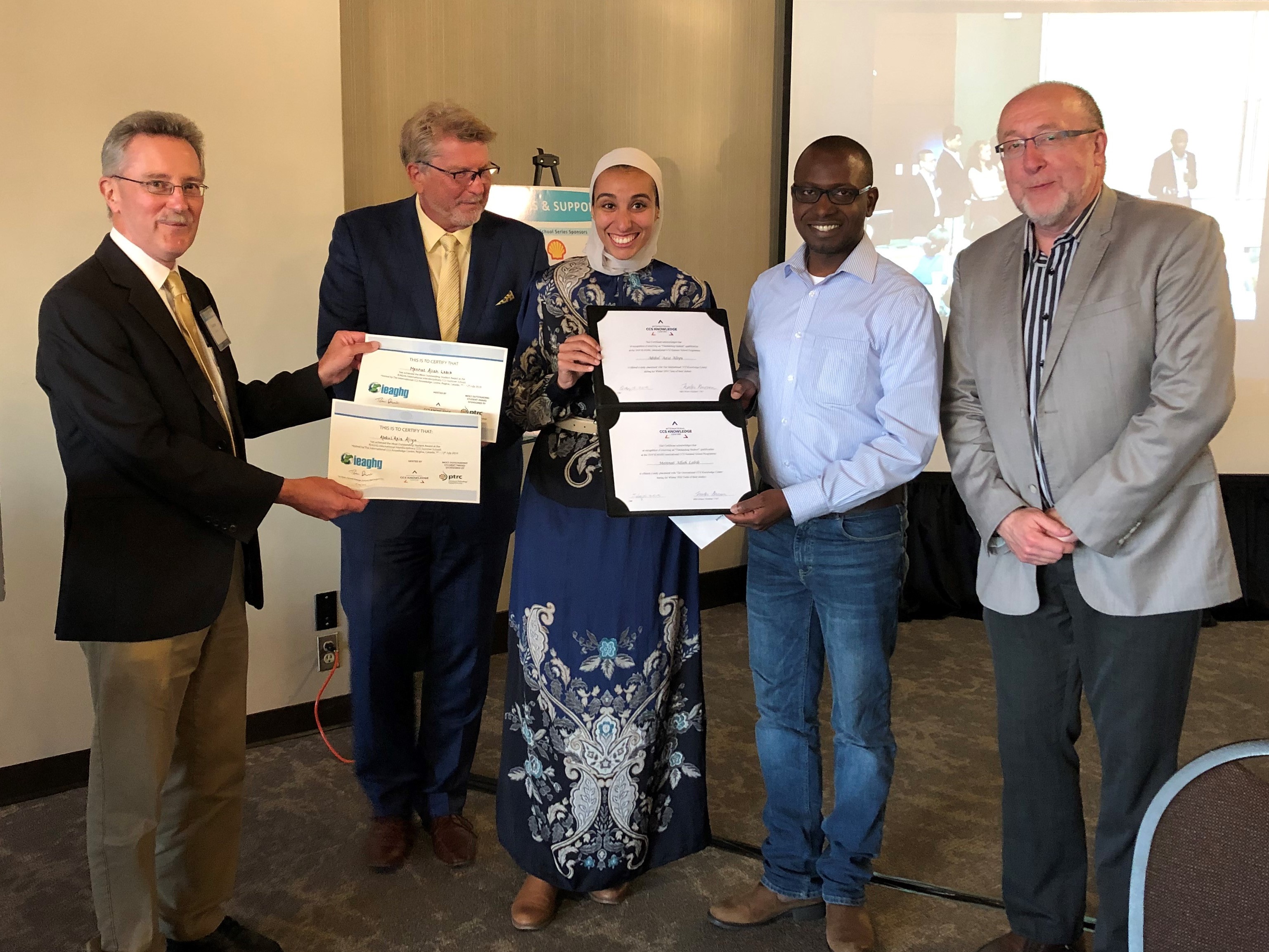
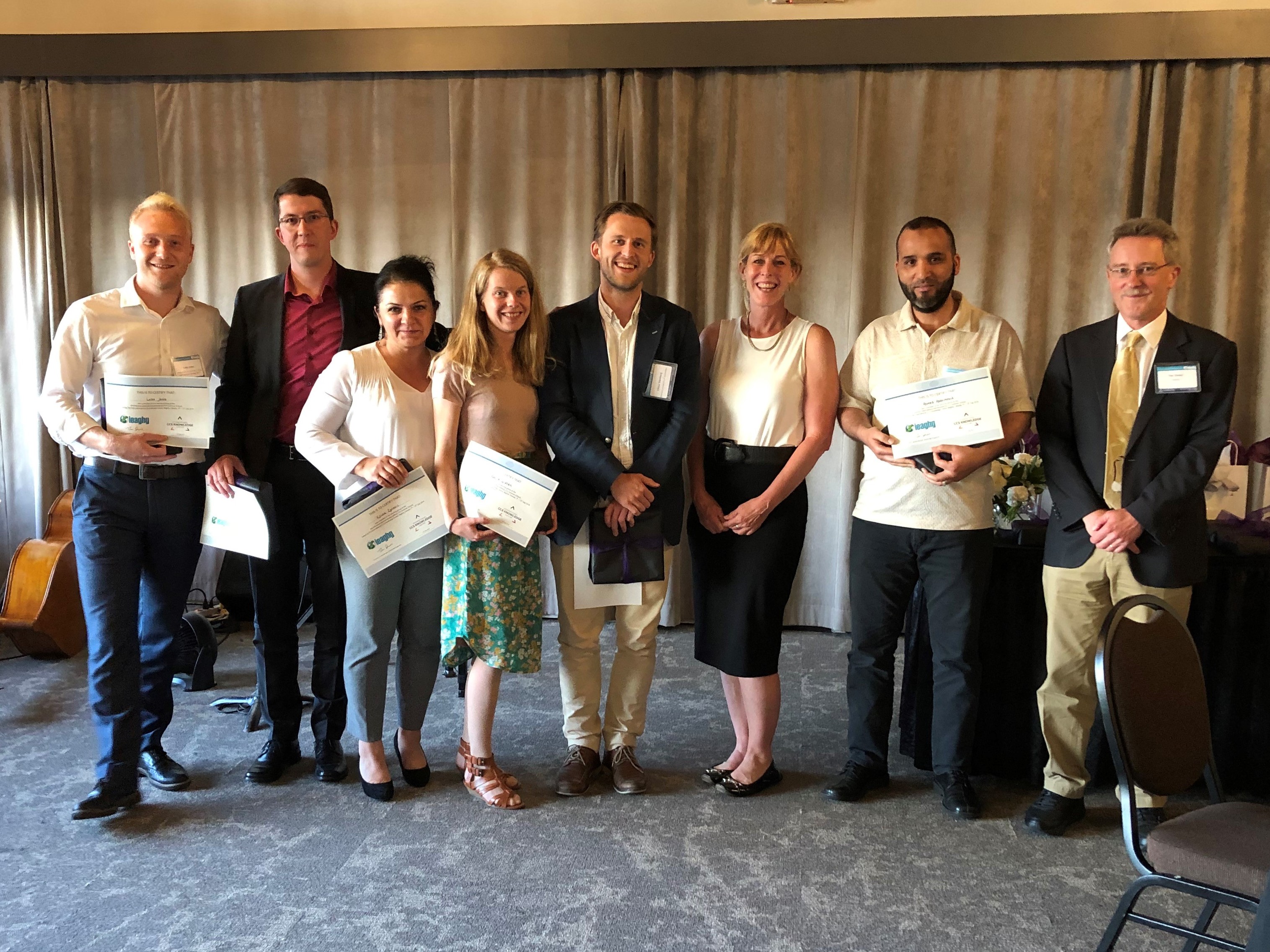
Additional video testimonials from this event:
- Cranfield University (UK) student Adeola Awoyomi explains how CCS is a bridge between allowing us to have a comfortable life with fossil fuels and making them environmentally cleaner
- Norwegian University student Ashild Grotan talk about CCS projects in Norway
- Business Development Manager at Mitsubishi Heavy Industries America (MIHA) Tiffany Woo shares her story about pursuing a career in CCS
